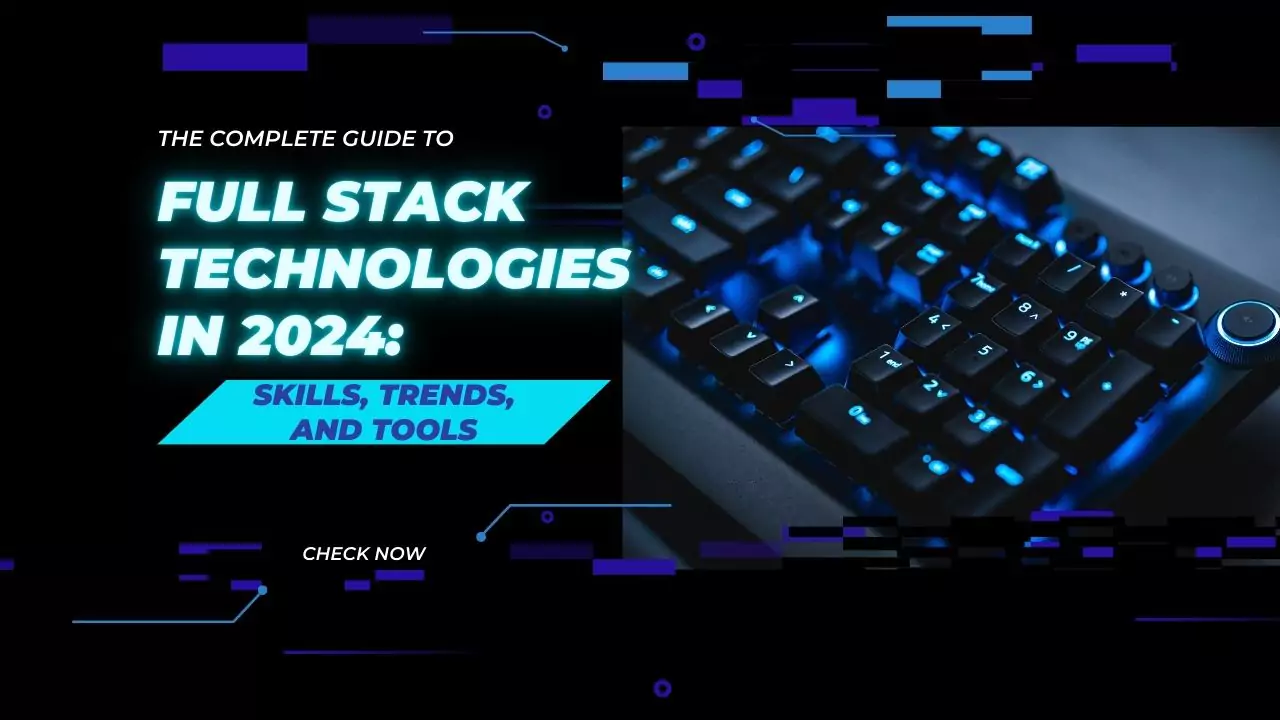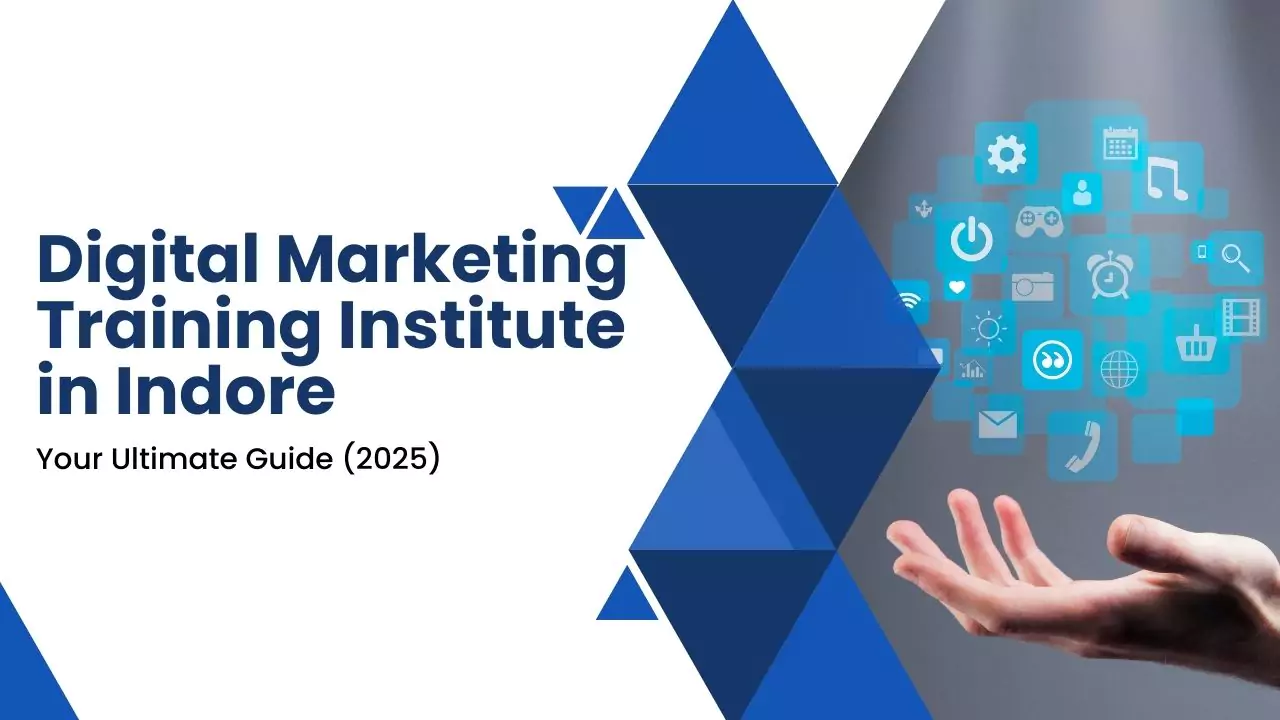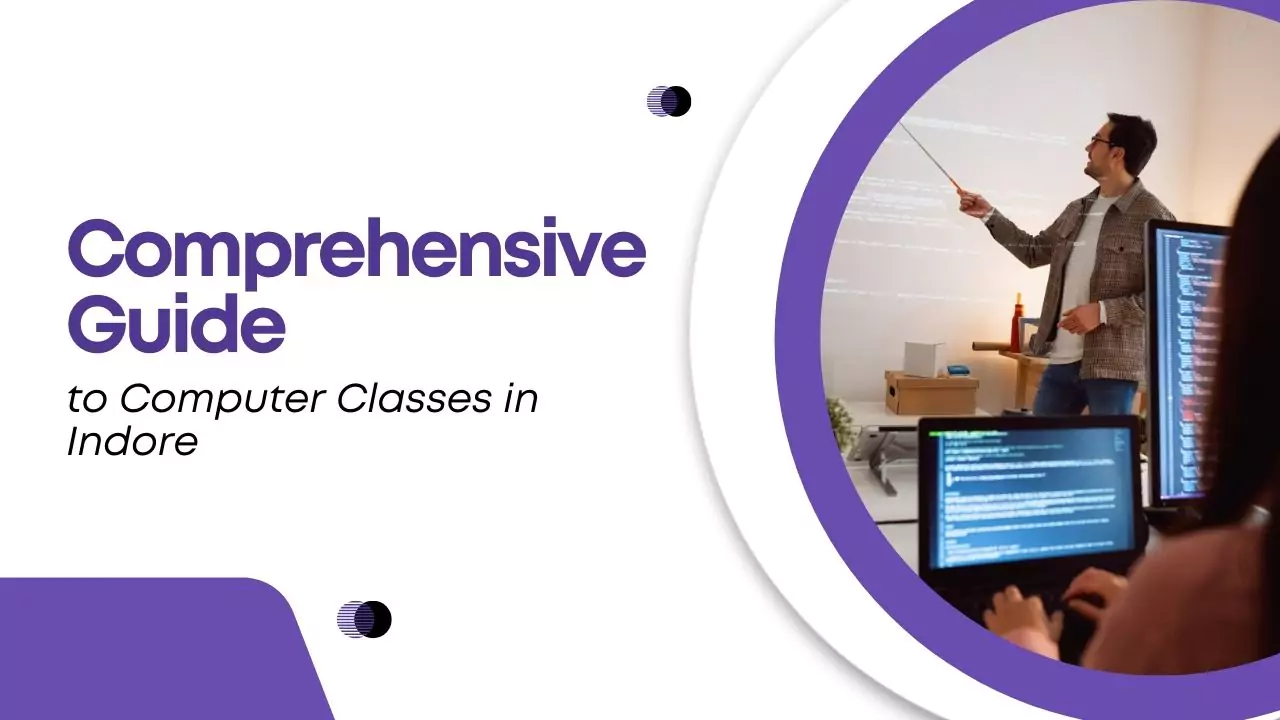Full stack development has become a crucial aspect of modern web development. With the rise of digital transformation, businesses and developers are increasingly focusing on mastering full stack technologies. In this guide, we’ll delve into what full stack technology is, the latest trends in 2024, the skills you need to become a full stack developer, and why mastering this domain is pivotal for your career.
What is Full Stack Technology?
Full stack technology refers to a set of tools and frameworks that allow developers to build web applications from both the client side (front-end) and the server side (back-end). A full stack developer possesses the skills to work on all aspects of an application, from designing responsive user interfaces to setting up robust server infrastructure.
By learning full stack technologies, you open up a range of job opportunities in various sectors like e-commerce, enterprise software, and mobile app development. Not only does this skill set enhance job prospects, but it also provides the flexibility to work on diverse projects.

Trending Full Stack Technologies in 2024
1. Internet of Things (IoT)
IoT has revolutionized how devices interact. As more gadgets connect to the internet, full stack developers need to design applications that can manage these interconnected systems. This trend is shaping the future of full stack development, making IoT integration a must-have skill.
2. Open-Source Software Development
The open-source community contributes significantly to full stack development by providing various frameworks and tools. Open-source software serves as a foundation for new projects, enabling developers to build complex applications efficiently.
3. Single-Page Applications (SPAs)
SPAs provide seamless user experiences by loading a single webpage and updating specific sections dynamically. This approach is gaining popularity, particularly in mobile applications, as it allows for fast and smooth interactions without refreshing the entire page.
4. Web Components and APIs
Web components allow developers to reuse HTML, CSS, and JavaScript code across multiple websites and applications. APIs facilitate data sharing between different applications, making them an essential technology for full stack development in 2024.
Top Full Stack Technologies to Learn in 2024
MEAN and MERN Stacks
The MEAN (MongoDB, Express.js, AngularJS, Node.js) and MERN (MongoDB, Express.js, React.js, Node.js) stacks are among the most popular full stack frameworks. They provide a versatile and open-source platform for developing robust, scalable applications.
Advanced JavaScript and jQuery
JavaScript remains a key player in full stack development. Mastering JavaScript classes, prototyping, closures, and jQuery techniques is crucial for building dynamic, interactive web applications. Additionally, knowledge of AJAX and jQuery animations enhances your ability to create user-friendly interfaces.
Node.js for Backend Development
Node.js is a powerful tool for server-side scripting, allowing developers to handle server operations, database interactions, and API integrations. Understanding how to use Node.js effectively will enable you to build scalable back-end systems.

Key Skills for Becoming a Full Stack Developer
Technical Skills
- Front-End: Proficiency in HTML, CSS, JavaScript, and front-end frameworks like Angular and React.
- Back-End: Experience with Node.js, Python, PHP, and understanding of server management (e.g., Nginx, Apache).
- APIs: Knowledge of REST and SOAP APIs for integrating different software applications.
- Version Control Systems: Familiarity with tools like Git to track changes in the codebase.
Soft Skills
- Creativity: Ability to design engaging interfaces and applications.
- Strategic Planning: Planning and implementing different phases of application development systematically.
- Analytical Skills: Understanding data and making informed decisions to enhance application efficiency.
- Problem-Solving: Tackling bugs and issues during the development process effectively.
Responsibilities of a Full Stack Developer in 2024
- Front-End Development: Building user-friendly, interactive interfaces using libraries and frameworks.
- Back-End Design: Creating robust back-end systems that efficiently fetch and manage data.
- Server Creation: Setting up resilient servers to handle continuous data processing.
- Cross-Platform Compatibility: Ensuring smooth application performance across different operating systems (Linux, macOS, Windows).
- API Development: Building APIs to facilitate communication between the front-end and back-end systems.

Future Trends in Full Stack Development
AI/ML and Serverless Architecture
Artificial Intelligence (AI) and Machine Learning (ML) are becoming integral parts of web applications. Full stack developers must be ready to integrate AI/ML into applications to stay relevant. Additionally, serverless architecture is streamlining backend processes, making applications more scalable.
Low-Code/No-Code Platforms
With the rise of low-code/no-code platforms, developers can rapidly prototype and deploy applications. These platforms are changing how full stack development is approached, making it essential to keep up with these new tools.
Conclusion
Full stack development is evolving rapidly, with new technologies and trends shaping its future. From mastering front-end frameworks to designing robust back-end systems, a full stack developer’s role is multifaceted. By staying updated on the latest technologies like MEAN, MERN, and JavaScript, and honing key skills, you can carve out a successful career in this field.
Ready to dive into the world of full stack technologies? Explore our full stack development courses at Futuristic Coding Academy and take the next step toward becoming an in-demand developer!
Explore our Full Stack Development Courses to get hands-on experience and master the technologies shaping the future of web development.
People Also Ask
1. What are the most popular full stack technologies in 2024?
In 2024, popular full stack technologies include the MEAN (MongoDB, Express.js, Angular, Node.js) and MERN (MongoDB, Express.js, React, Node.js) stacks. These technologies are favored for their versatility, scalability, and robust community support. Other trending technologies include Django for Python and Ruby on Rails for web application development.
2. What skills are required to become a full stack developer?
A full stack developer should be proficient in front-end languages (HTML, CSS, JavaScript) and back-end technologies (Node.js, Python, Ruby). Knowledge of databases like MongoDB or SQL, experience with APIs, and familiarity with version control systems (e.g., Git) are also essential. Soft skills such as creativity, problem-solving, and effective communication are equally important.
3. Is full stack development a good career in 2024?
Yes, full stack development remains a promising career in 2024. Full stack developers are in high demand due to their versatility in handling both front-end and back-end development, allowing companies to save time and resources. Their ability to work on diverse projects makes them valuable assets in the tech industry.
4. What is the difference between MEAN and MERN stacks?
The primary difference between MEAN and MERN stacks lies in the front-end framework: MEAN uses Angular, while MERN uses React. Both stacks use MongoDB for the database, Express.js for the server framework, and Node.js for server-side scripting. React (in MERN) is known for its flexibility and ease of integration with other libraries, while Angular (in MEAN) provides a structured framework for building large-scale applications.
5. How long does it take to become a full stack developer?
The time required to become a full stack developer varies depending on individual dedication and learning pace. Generally, it takes several months to a few years to gain proficiency in essential full stack technologies, depending on your prior knowledge and the time you can dedicate to learning. Participating in coding bootcamps or online courses can accelerate the process.






